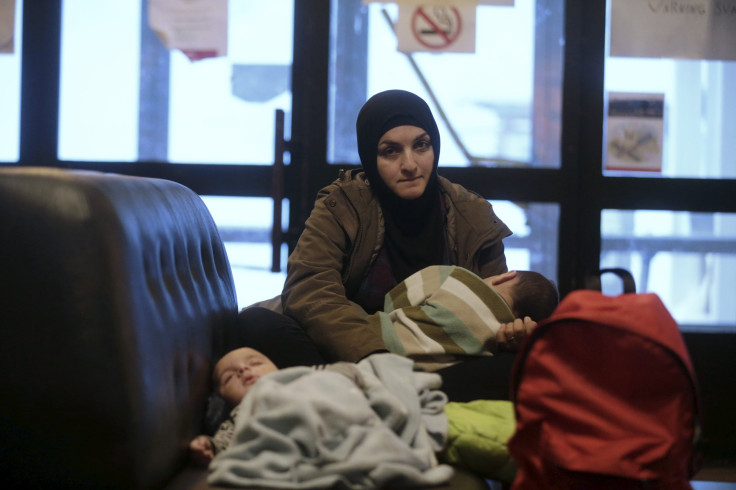Sweden turns back on open-door policy, will expel 80,000 refugees

Sweden will expel up to 80,000 refugees who arrived in the country in 2015, but whose applications for asylum were rejected, according to interior minister Anders Ygeman.
"We are talking about 60,000 people but the number could climb to 80,000," Ygeman told Swedish media on Wednesday.
Due to the high number of refugees - most of whom fled to Europe from Syria, Iraq and Afghanistan - the expulsions are to be carried out using specially chartered aircrafts over several years.
Sweden, home to nearly 9.8 million people, has taken in the largest number of refugees in relation to its population within the EU, accepting over 160,000 asylum seekers during 2015.
The decision to expel the failed applicants comes in the wake of both the current European refugee crisis and the death of a young asylum centre employee on Monday.
Throughout January of this year alone, Greece has seen the arrival of over 46,000 asylum seekers, more than 170 of whom died making the dangerous journey from their home countries, says the United Nations.
In an attempt to stem the influx of similarly large numbers in Sweden, the country sharply reversed its previous open-doors policy and introduced stricter border controls and photo identification checks late last year.
However, Sweden’s asylum facilities remain dangerously overcrowded, with Swedish officials calling for tighter security measures across all centres following the death of Alexandra Mezher.
The 22-year-old was stabbed by a teenage migrant while allegedly working alone at a youth refugee centre in Mölndal, on Sweden’s west coast.
While the motive for the killing remains unclear, Mezher’s death has called into question the overfilled conditions of some Swedish asylum centres.
Since Monday, there have been strong suggestions concerning the need for more adult employees to properly take care of young refugees, many of whom have been traumatised by war.
According to the Swedish Migration Agency, the number of violent cases in the nation’s asylum facilities more than doubled between 2014 and 2015, rising to 322 separate incidents.
“These kinds of calls are becoming more and more common. We’re dealing with more incidents like these since the arrival of so many more refugees from abroad,” said Swedish police spokesman Thomas Fuxborg.
National Police Commissioner Dan Eliasson echoed Fuxborg’s comments in an interview with Sweden’s TT News.
“We are forced to respond to many disturbances in asylum reception centres,” he said.
“This was not the case six months ago and it means that we won't be able to respond as effectively in other areas."
According to the Sydney Morning Herald, Eliasson requested 4,100 additional officers to fight terrorism, carry out migrant deportations and patrol asylum centres on Monday following Mezher’s death.





















